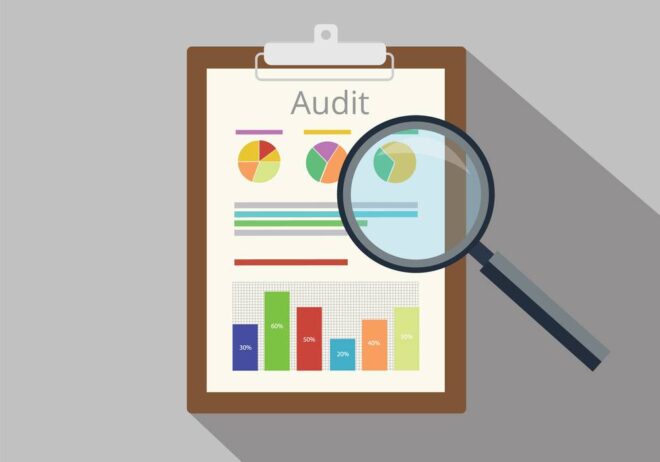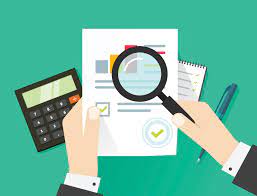![]()
Documents for Audit

Documents for Audit, A tax audit for a showroom involves a complete review of the business’s financial transactions to ensure compliance with tax laws and regulations. To facilitate a smooth and accurate tax audit process, certain key documents and records should be maintained.
These may include:
1. Financial Statements:
Keep updated balance sheets, profit and loss statements, and cash flow statements that provide a clear overview of the showroom’s financial performance.
2. Sales Records:
Maintain detailed records of all sales transactions, including invoices, receipts, and sales registers. This helps verify the accuracy of reported sales figures.
3. Purchase Records:
Retain invoices, receipts, and purchase orders for all goods and services acquired by the showroom. This is essential for verifying input tax credits and expenses.
4. Inventory Records:
Maintain records of opening and closing inventory balances, as well as records of any stock movements during the audit period. This helps in assessing the accuracy of cost of goods sold calculations.
5. Expense Documentation:
Keep records of all business-related expenses, including utility bills, rent agreements, employee salaries and benefits, advertising expenses, and other overhead costs.
6. Bank Statements:
Provide copies of bank statements that show incoming and outgoing funds relate to the business. This helps ensure that all financial transactions are accounted for.
7. Tax Returns and Filings:
Keep copies of previously filed tax returns, including income tax returns, GST/VAT returns, and any other relevant tax filings.
8. Tax Deduction at Source (TDS) Records:
Maintain records of TDS deduct and deposit, along with TDS certificates issued to vendors or service providers.
9. Ledger Accounts:
Maintain ledger accounts for various business operations, including sales, purchases, expenses, and accounts receivable/payable. These accounts provide a detailed trail of financial transactions.
10. Bank Reconciliation Statements:
Regularly reconcile bank statements with internal records to ensure accuracy and identify any discrepancies.
11. Depreciation Records:
Keep records of asset purchases and depreciation calculations, as these impact the determination of taxable income.
12. Agreements and Contracts:
Maintain copies of agreements, contracts, and other legal documents that pertain to business transactions, partnerships, or leases.
13. Employee Records:
Maintain records related to employee salaries, benefits, taxes withheld, and other payroll-related documents.
14. Proof of Payments:
Maintain evidence of payments made to vendors, suppliers, and service providers, such as canceled checks, bank transfers, or digital payment receipts.
15. Communication Records:
Retain all business-related correspondence, emails, and communication with tax authorities or consultants.
16. GST/VAT Compliance Documents:
Keep records related to GST/VAT compliance, including tax invoices, input tax credit claims, and reverse charge mechanisms.
17. Books of Accounts:
Maintain accurate and up-to-date books of accounts, including general ledger, subsidiary ledgers, and any other relevant accounting records.
18. Supporting Documentation:
Ensure you have supporting documents for any deductions, credits, or exemptions claim on your tax return.
It’s important to note that specific documentation requirements can vary depending on the jurisdiction and the nature of your showroom’s business activities. Consulting with a tax professional or accountant is advisable to ensure you’re maintaining the appropriate records for your specific tax audit needs.
FAQs:
To visit: https://www.incometax.gov.in

For further details access our website: https://vibrantfinserv.com
